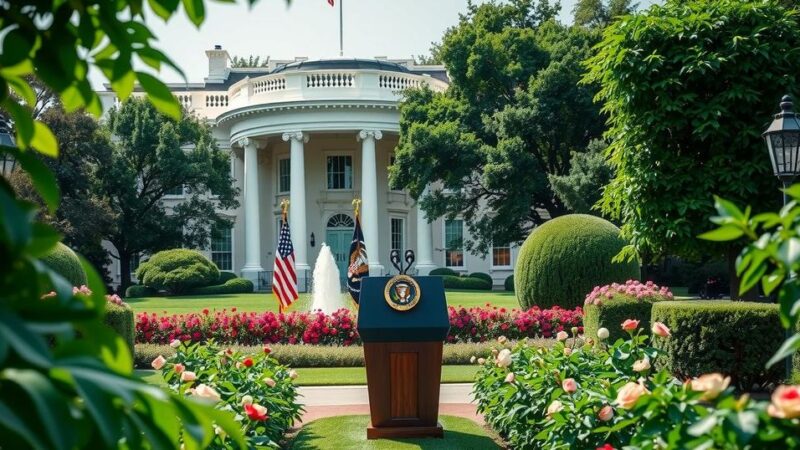Cuba’s tourism faces a significant decline, with North American visitors plunging from 452,835 in 2019 to 118,038 in 2024, a 73.93% reduction. Economic difficulties, inadequate infrastructure, and fierce competition from other Caribbean destinations have contributed to a 48.23% drop in tourist arrivals from January to October 2024. Despite modest increases from Portugal and Russia, recovery requires systemic improvements and better international relations.
Cuba’s tourism industry is experiencing a dramatic decline in international visitors, particularly from North America, Spain, Germany, Mexico, Argentina, and Colombia. Visitor numbers from North America have decreased precipitously from 452,835 in 2019 to merely 118,038 in 2024, representing a staggering 73.93% reduction. The tourism sector, once a cornerstone of Cuba’s economy, now grapples with various challenges, including economic hardship, aging infrastructure, and heightened competition from more appealing Caribbean destinations.
From January to October 2024, Cuba faced an astonishing 48.23% drop in tourist arrivals compared to 2019, with hotel occupancy rates collapsing to 25%. Following significant financial contributions from tourism in 2019, where revenues reached USD 3,185 million, earnings plummeted to USD 1,216 million by 2023, amassing a 61.82% decline.
The decline is most pronounced among traditional North American tourists. Furthermore, the travel habits of the Cuban diaspora have shifted, with fewer individuals returning to the island. Even with over 800,000 Cubans emigrating to the United States recently, many have preferred vacationing in destinations like Punta Cana and Cancun, rather than Cuba.
A significant contributor to this turbulence is the mismanagement of resources by the Grupo de Administración Empresarial S.A. (GAESA), which has invested a substantial USD 24 billion in tourism infrastructure over the last 15 years, while other critical sectors have been neglected. Consequently, the country has consistently failed to meet tourism expectations, including the unattainable goal for 2024 of attracting 3.5 million visitors.
Cuba’s deteriorating energy infrastructure, marked by frequent power outages and a declining healthcare system plagued by epidemics, further discourages potential visitors. The withdrawal of major airlines and tour operators has exacerbated the situation by reducing tourism accessibility.
As Cuba faces fierce competition from alternative tropical destinations, the government has sought to stimulate tourism by promoting migration in hopes of attracting exiled travelers back. However, this strategy has not yet proven successful.
For Cuba to alleviate this tourism crisis, it must prioritize critical infrastructure improvements, diversify its economic models, and cultivate better international relations to attract airlines and travelers alike. The island stands at a crucial juncture, with significant challenges to overcome and an equal measure of potential for resurgence in its tourism sector.
Cuba’s tourism sector is fundamental to its economy, previously thriving with international tourist arrivals contributing significantly to its GDP. However, recent years have witnessed severe downturns, influenced by a combination of global health crises, economic mismanagement, deteriorating infrastructure, and stiff competition from other Caribbean destinations. Understanding these dynamics is essential to grasping the current tourism landscape in Cuba.
In summary, Cuba is at a pivotal moment regarding its tourism industry. The substantial loss of international tourists, particularly from key markets, underscores pressing economic and infrastructural challenges. To revitalize tourism and restore its status as a desirable Caribbean destination, Cuba must undertake a thorough reassessment and investment in essential services and infrastructures while actively improving its competitive positioning.
Original Source: www.travelandtourworld.com






